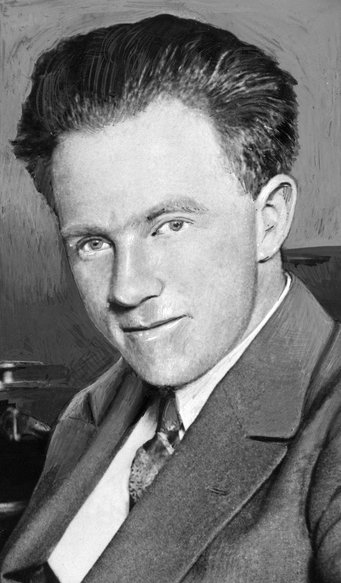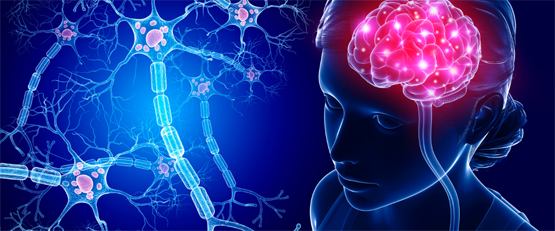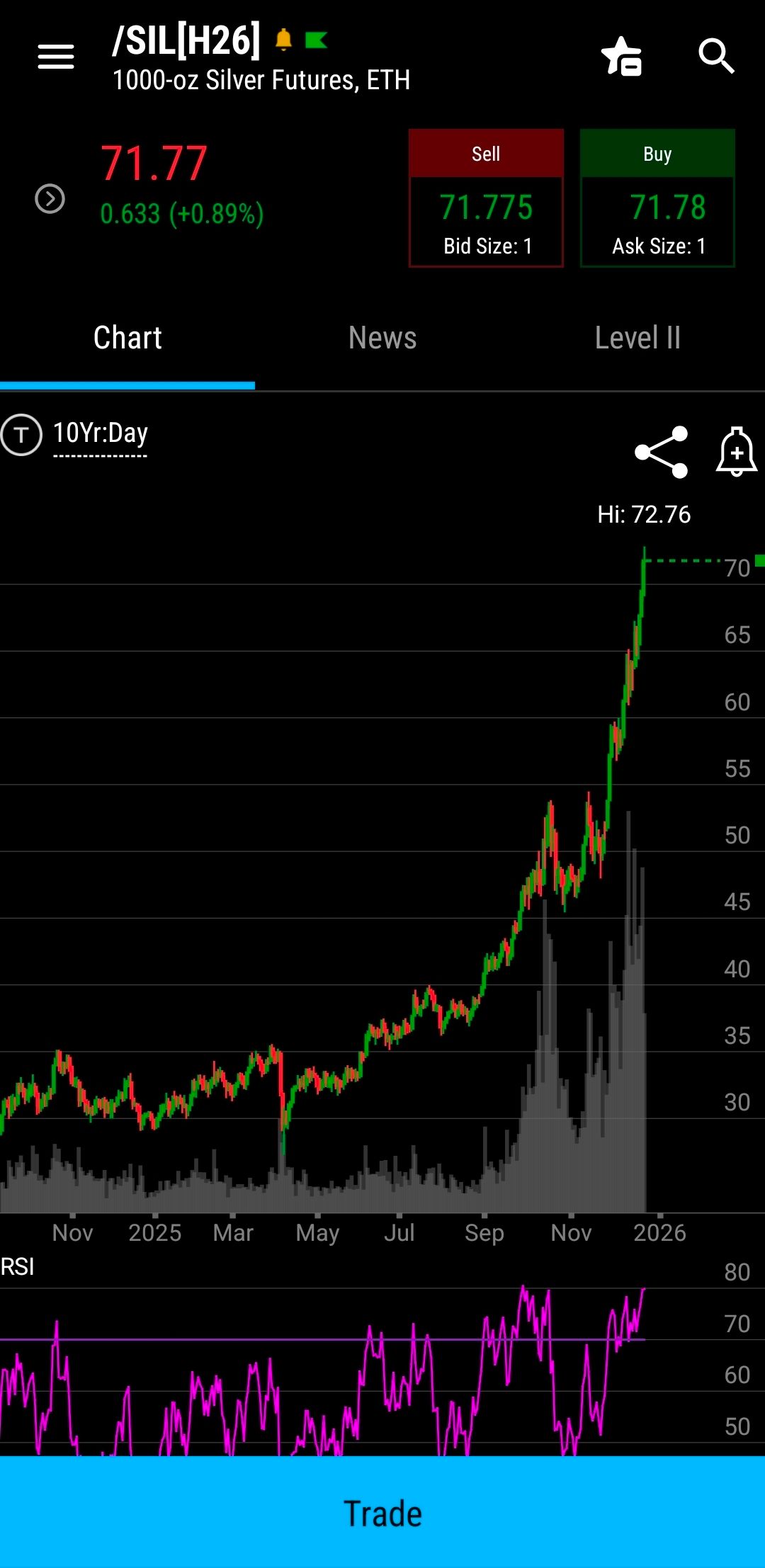@Corngold ah so I wasn't referencing the video I was sharing when I said I didn't think women were at fault, I was referencing your comment, that part I disagree with
I think women get blame kinda like a child is to be blamed for their bad decision. Yes, they made the choice, but who built the environment. And that's why I'll forever be a masculinist in my assessment of the dynamics of the sexes -- it's always man's responsibility at the end of the day, women have cunning and deception, but like a child trying to trick a parent with even clever lies, a parent's best guard is to be unwavering in stable and wise conduct, and they will weather conflict well -- this requires a discipline, most parents, indeed men, don't have.
On to the point of the types of feminine, I'm always one for some classical skull calipers and their categorizations, but I feel like it's back seat to man with huge balls going apeshit on the opp.
I think women (and men) have changing charactar traits according to circumstance/environment. I don't believe it's set in stone... For instance, which came first: Hitler, or WW1 and it's consequences?




